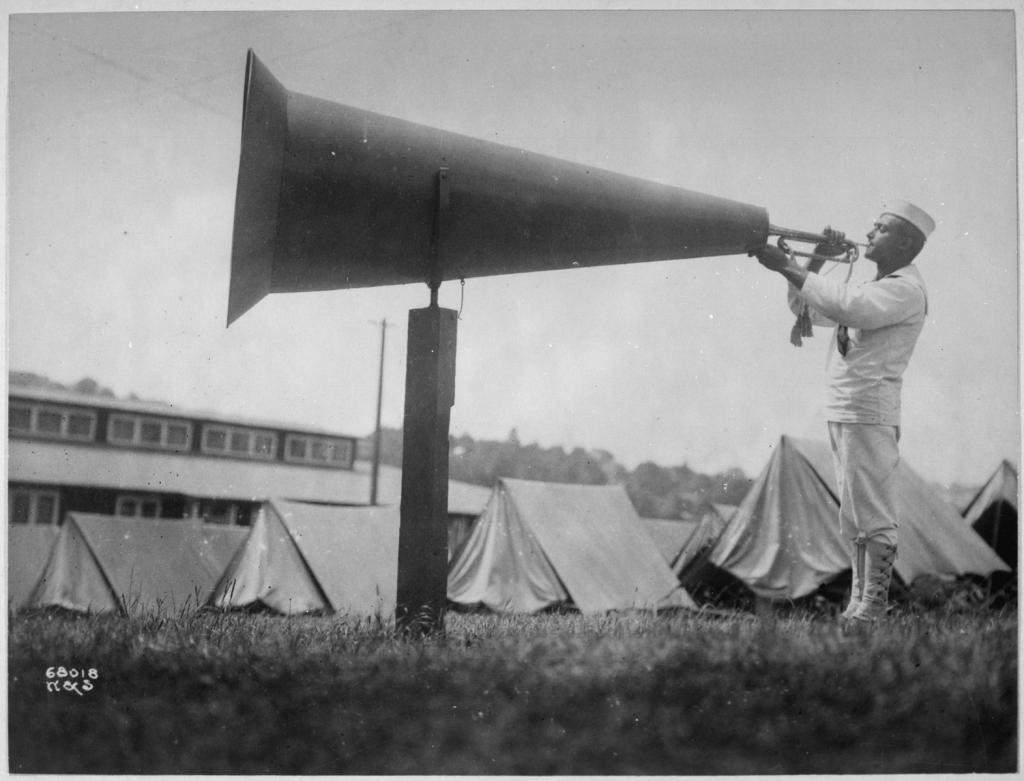
One of the unpleasant things about the web is the megaphone that it provides for the spreading of stories and gossip. Periodically, for example, I read accounts (usually anonymous or pseudonymous) about someone’s interaction with me, in which I (a) floundered stupidly, (b) treated that someone abominably, (c) flatly lied, or (d) frankly but confidentially confessed to my own villainy, insincerity, and/or dishonesty.
It’s difficult if not impossible to respond to such accounts, not least because, for every time a person comes across one of them, there are probably ten (or a hundred or a thousand) occasions when a person does not.
I may have already shared one of my favorite examples of the phenomenon, but, if so, I’ll do it again:
Quite a few years ago, I became aware that a certain person, by then an apostate from the Church, was telling of a conversation that he had purportedly had with me while we were both in the old Language Training Mission (LTM), the predecessor of today’s Missionary Training Center (MTC). He had, he said, demanded to know why I refused to hold the Book of Mormon to the same standards in my apologetics as those to which I held the Bible. According to him, I answered that I employed a double standard because I knew that the Book of Mormon could not withstand such scrutiny.
The story is absurd on its face. First of all, when I was a budding nineteen-year-old missionary in the LTM, I had done no apologetics. I had no track record of using either a double standard or a single consistent standard, and I had neither a name nor a reputation, good or bad, as an apologist. Moreover, I hold no such view. Not even remotely. That wasn’t my position then, and it isn’t my position now. If I didn’t believe the Book of Mormon to be true, I wouldn’t be an active Latter-day Saint.
Moreover, I knew this person slightly, and I was quite confident that I had never met him until well past my mission. I remembered no such conversation with him ever, let alone while in the MTC. So I asked him when he had been in the Missionary Training Center. He responded by naming a period that was more than a year after my own stay there. I was, by the time he specified, well past the midpoint of my mission in German-speaking Switzerland. When I called that fact to his attention, he replied that I was lying about the dates of my mission. With that, I opted out of further conversation with him.
Now, my attention has been called to someone else’s online account of an encounter with me.
This particular story centers on an argument that I’ve often made regarding the masculine personal name Alma in the Book of Mormon. In my argument, I’ve pointed out that Americans typically regard that name as a feminine one, of Latin derivation, but that, in fact, with Yigael Yadin’s late-sixties discovery of a signed land deed from the time of Simeon bar Kokhba’s revolt against Rome (the so-called “Jewish Revolt” of the early second century AD), we now know that Alma is an authentically ancient and Semitic masculine personal name. (Some evidence has since been found for it elsewhere. But this will do for present purposes.) The occurrence of Alma in the land deed from Nahal Hever, by the Dead Sea, was significant evidence, I argued, for the authentic Semitic antiquity of the Book of Mormon, and a decisive refutation of the argument (made by some) that Alma proves the Book of Mormon a modern forgery.
Since the days when I frequently made that argument, occurrences of Alma as a masculine personal name have reportedly been identified in census records from the early nineteenth-century United States. I haven’t examined these alleged occurrences. I seldom have occasion to speak about Alma any more. But they may well be authentic.
Anyway, the person recounting his exchange with me says that he contacted me regarding the new information sometime in the past, and that I responded that, yes, I was aware of it. Supposedly, I showed no willingness to correct or nuance my public claims — which, as I say, I rarely if ever have occasion even to make any more — but insisted that, in supposedly continuing to make the argument as I always had before, I was saying nothing untrue. As such testimonials often do, the person telling this story concludes by expressing his (fully understandable) loss of respect for me.
Well.
For one thing, I remember no such conversation. I expect, though, that it occurred. More or less. But precision is important here. Did I really say exactly (and only) what he remembers me to have said?
I doubt it very much. And here’s why:
His view is that the discovery of Alma as a masculine personal name in the early American republic undercuts the argument that I used to make. And I agree with him. (That’s what happens in scholarship. New facts are discovered, obliging honest people to modify their views.)
I don’t think that the discovery utterly destroys my argument. It still remains true, for example, that the occurrence of Alma as a Semitic masculine personal name demolishes the claim that the presence of Alma in the Book of Mormon proves the Book of Mormon a modern forgery. But, depending upon how likely one thinks it that Joseph Smith knew, or knew of, early nineteenth-century men named Alma, it indisputably and substantially weakens the claim that Alma represents a clear indicator that Joseph had access to previously unknown information about ancient Near Eastern names.
I expect that the person telling this story about me sincerely believes it to be true, reliable, and significant, and that it counts as revealing evidence of my lack of integrity, or something of that sort. By contrast, although the exchange rings absolutely no bells with me, I can say that his depiction of my attitude is utterly foreign to what (and how) I actually think. In other words, I don’t concede the accuracy of the narrative. At the most vital point, it’s substantially misleading.











